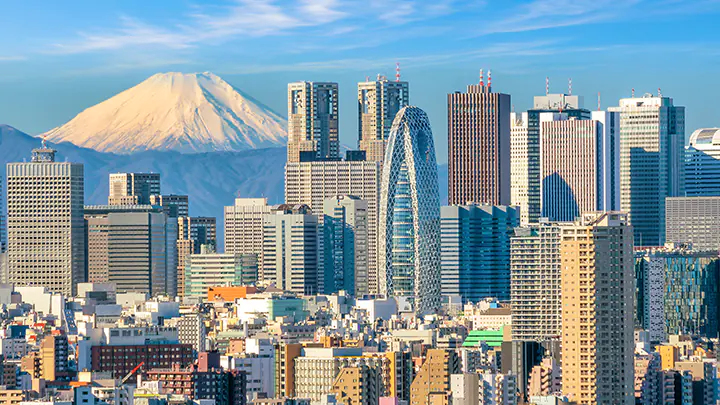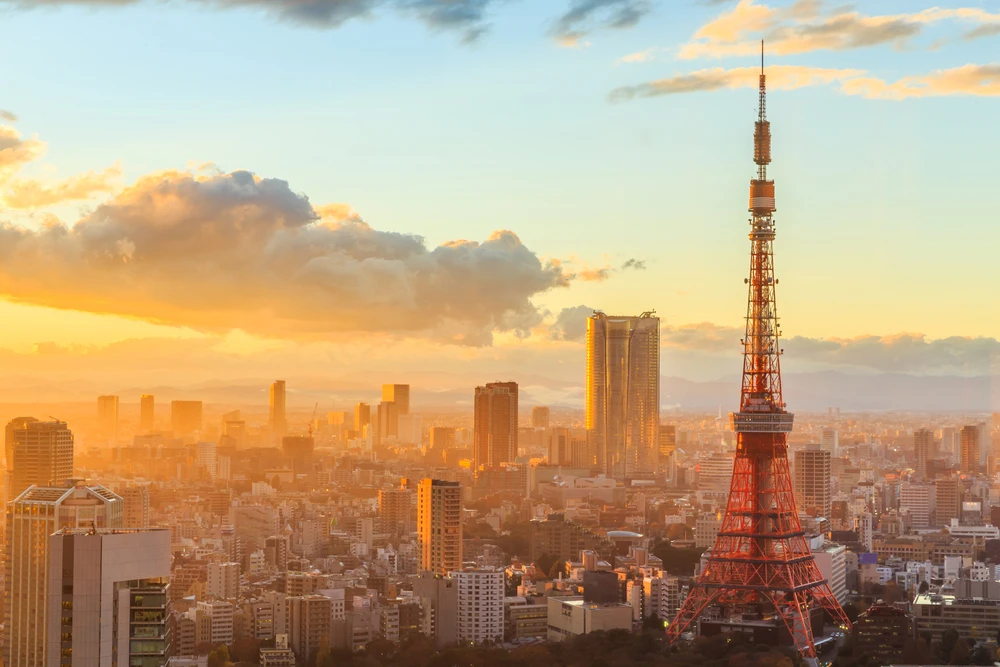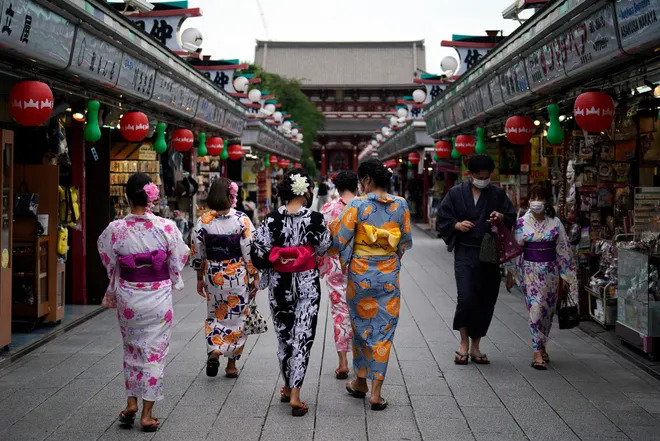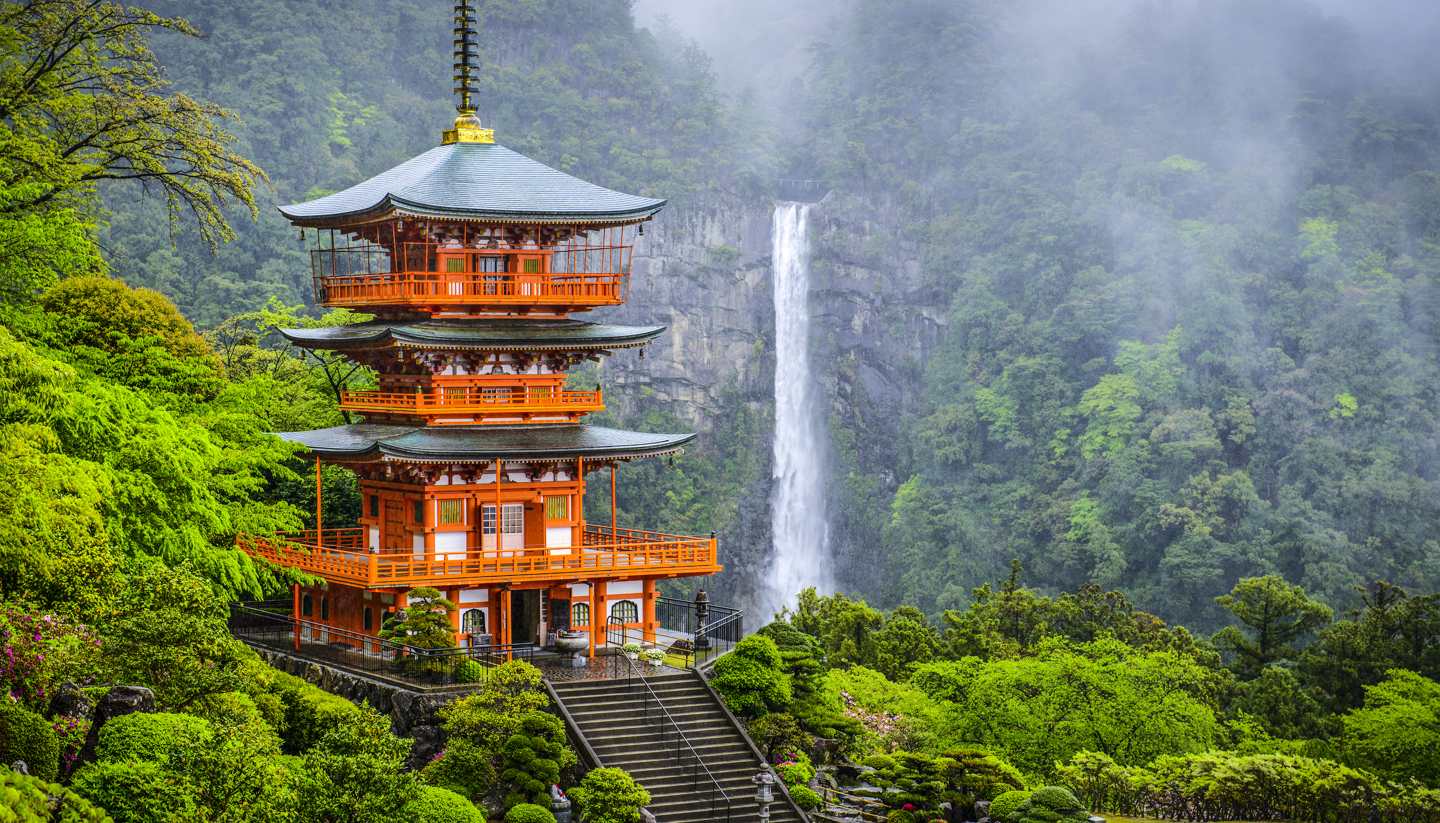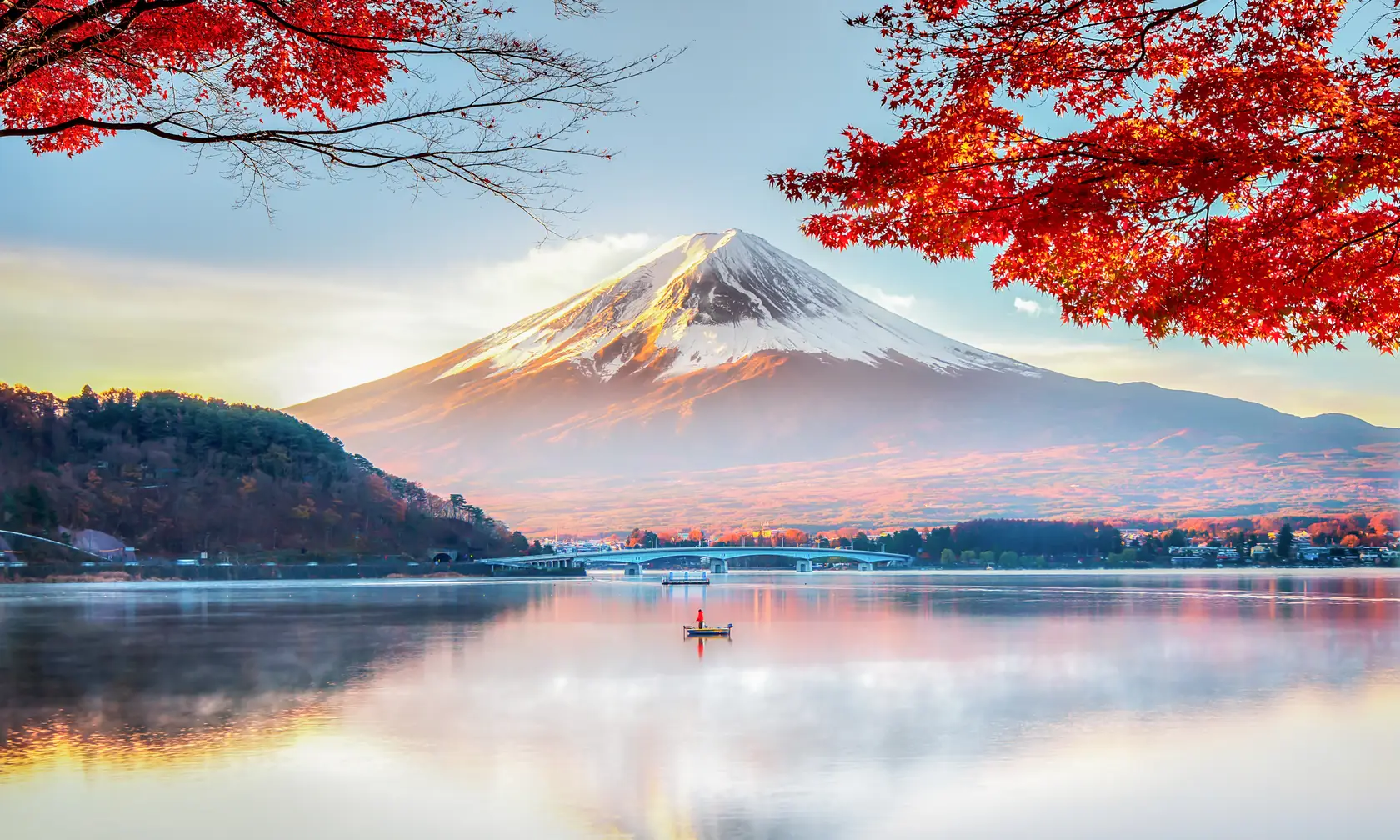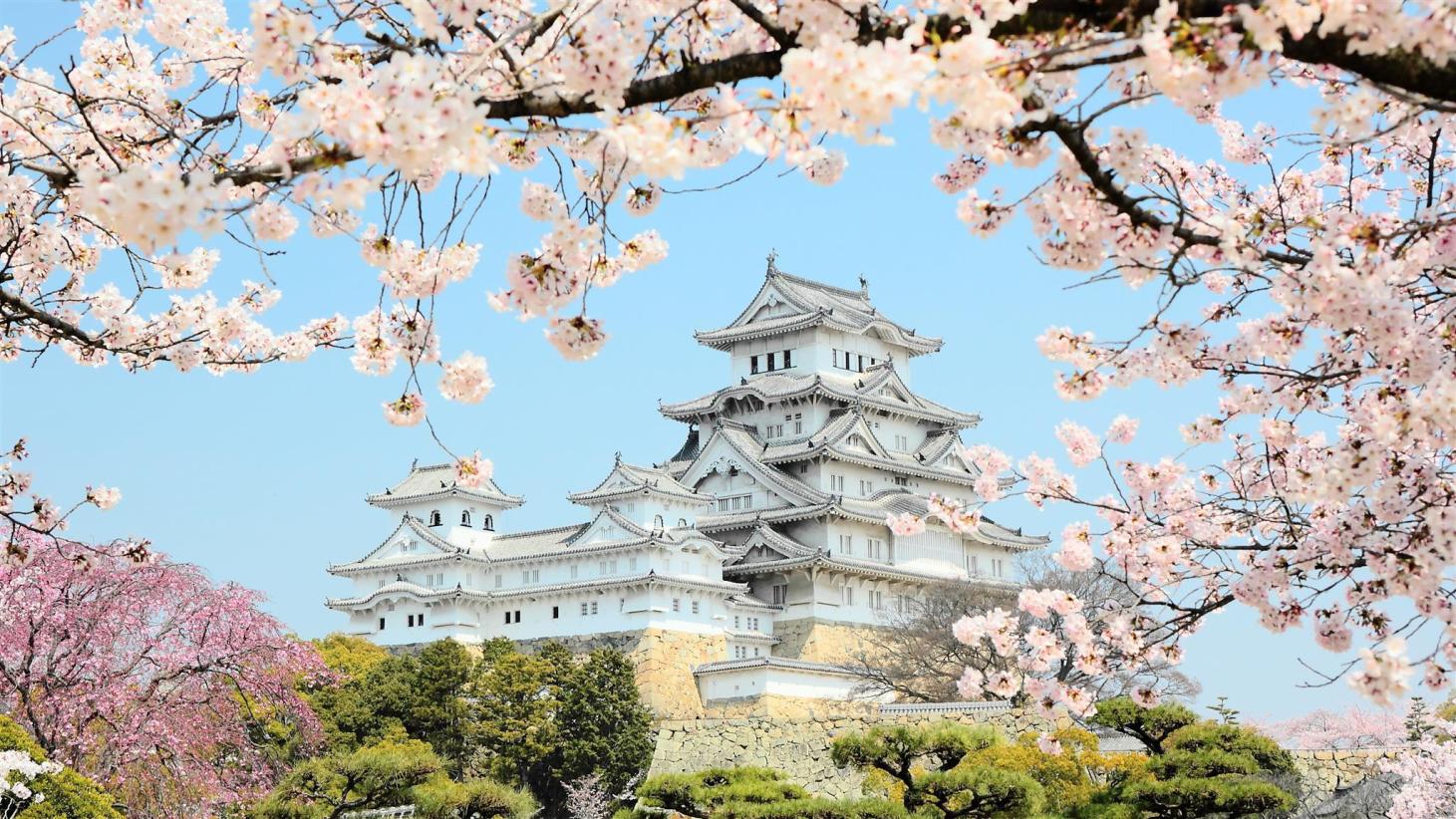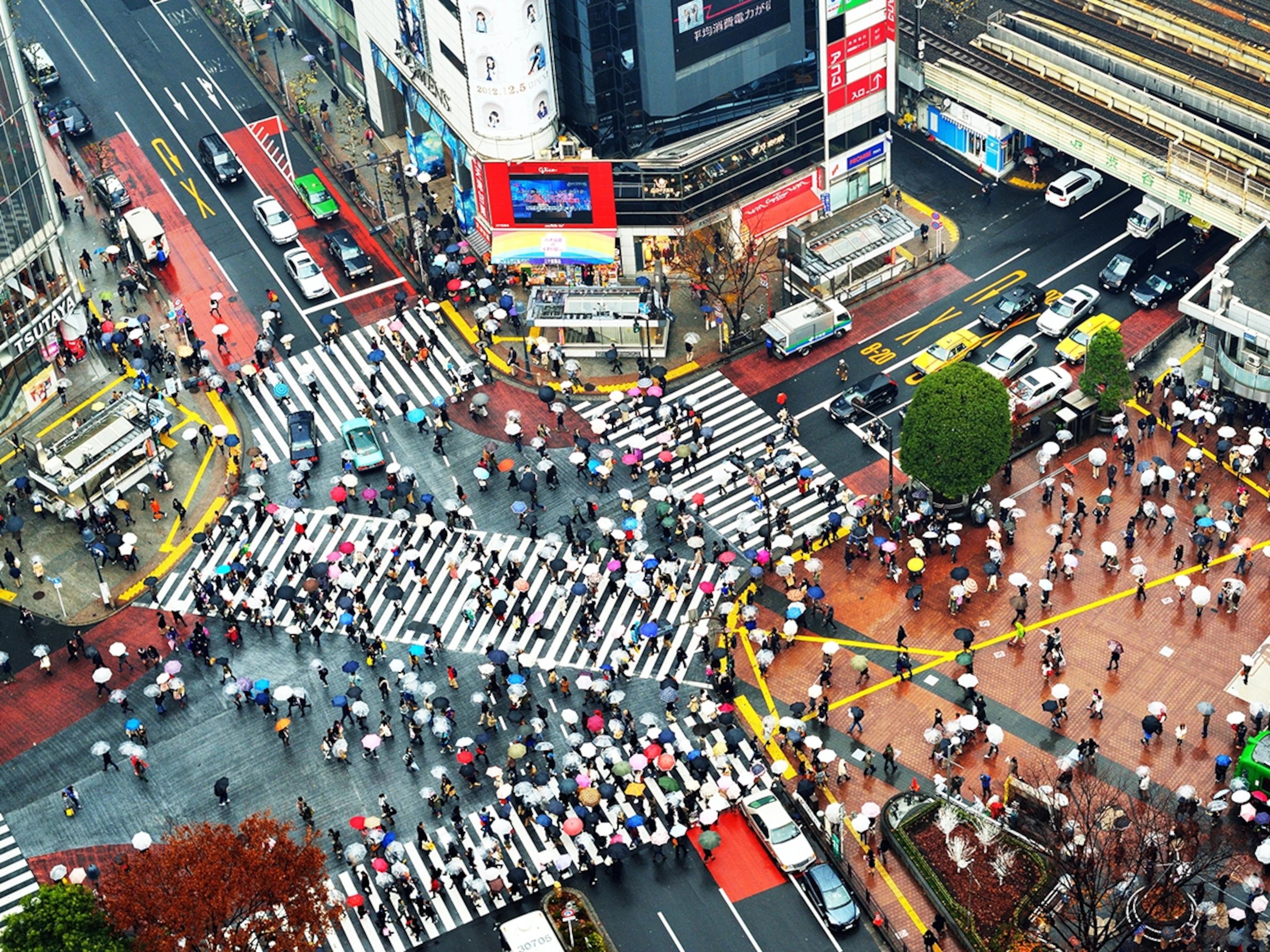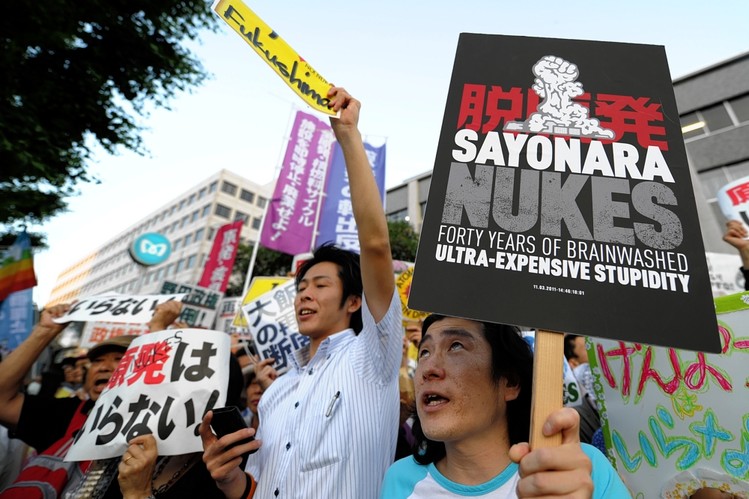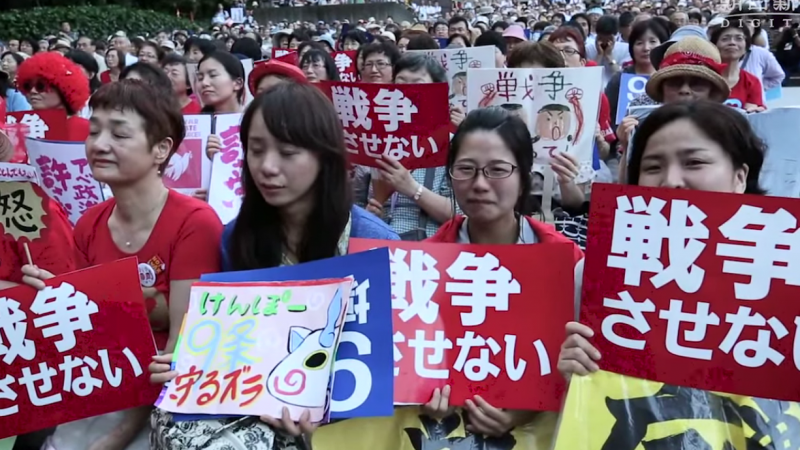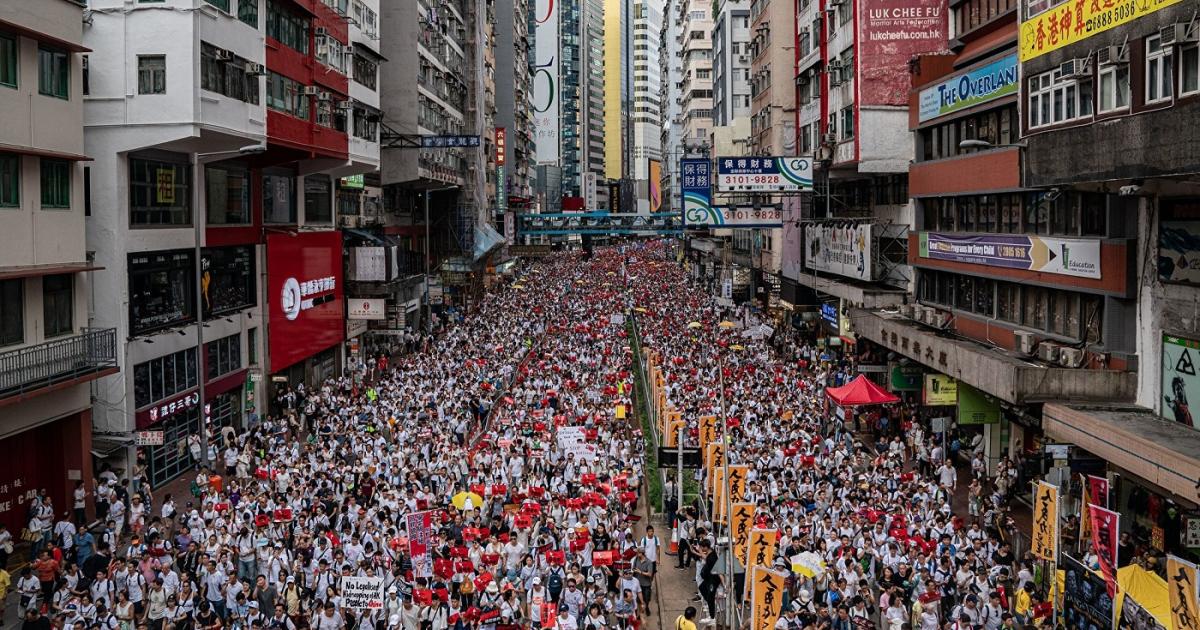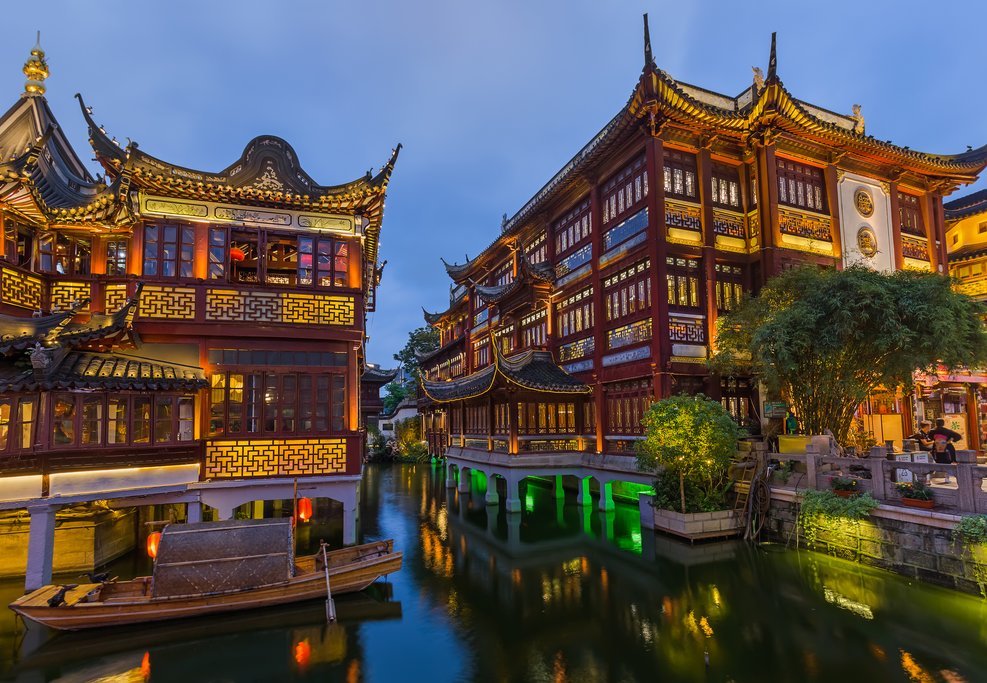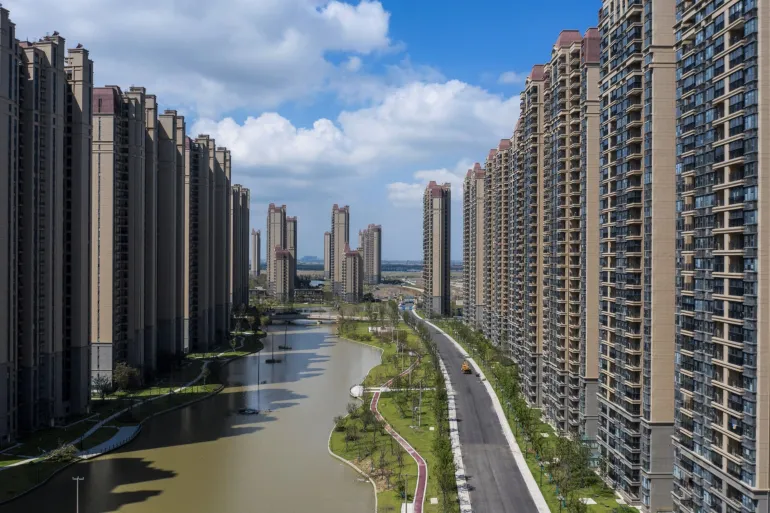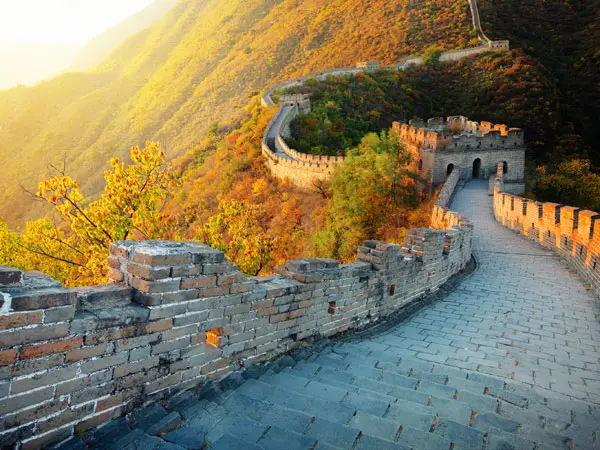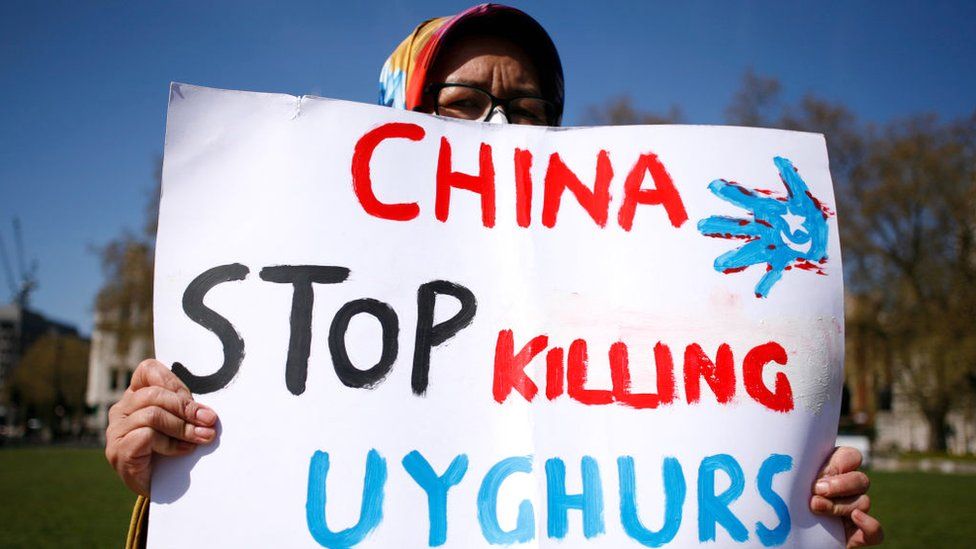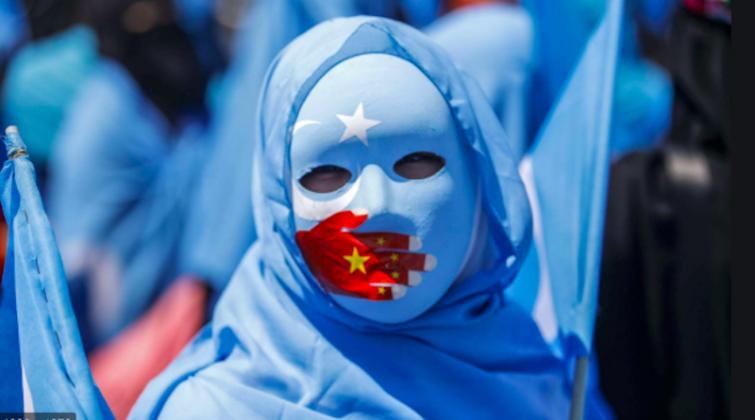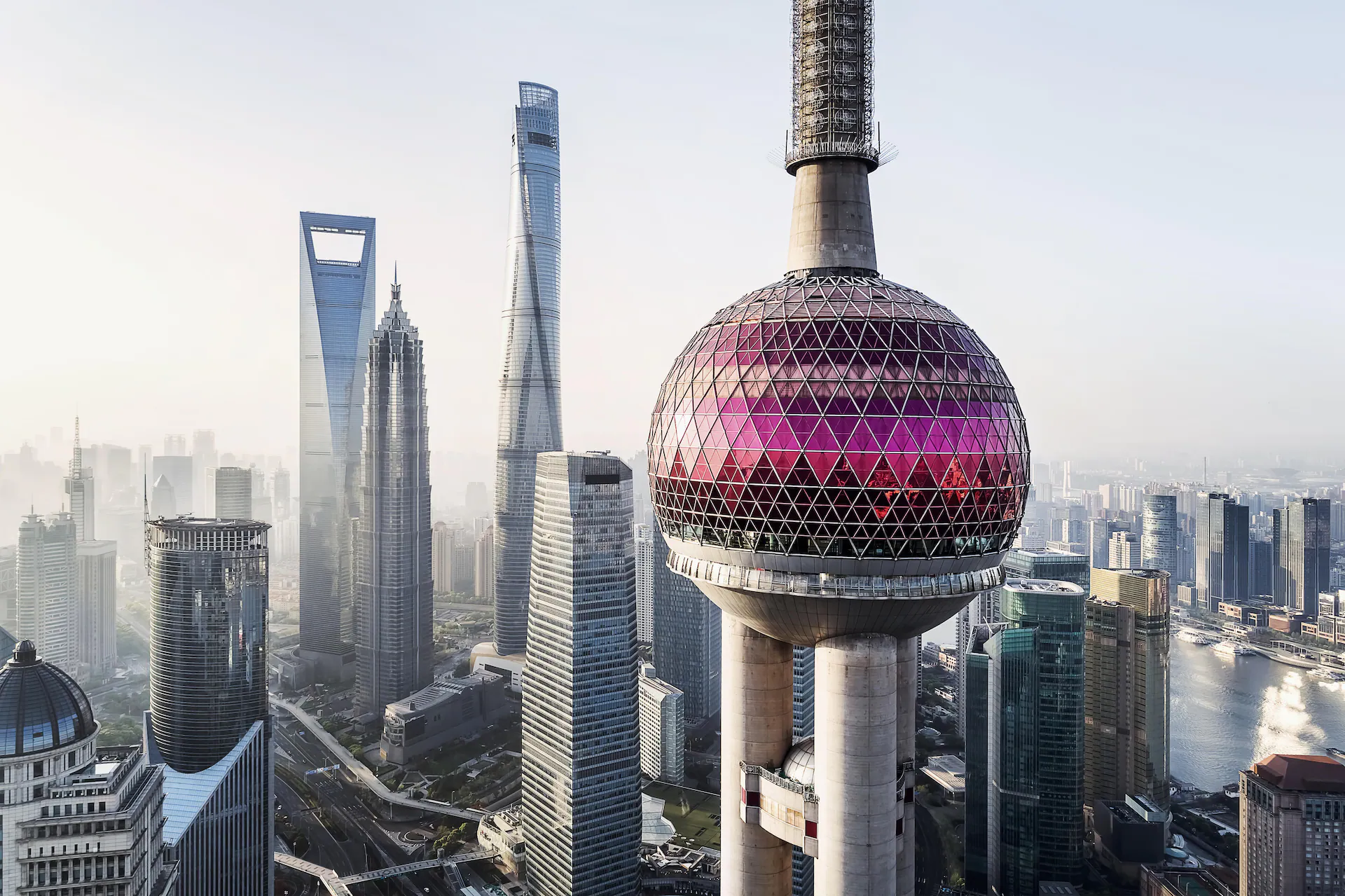Which country wills more influence in the World Japan vs China
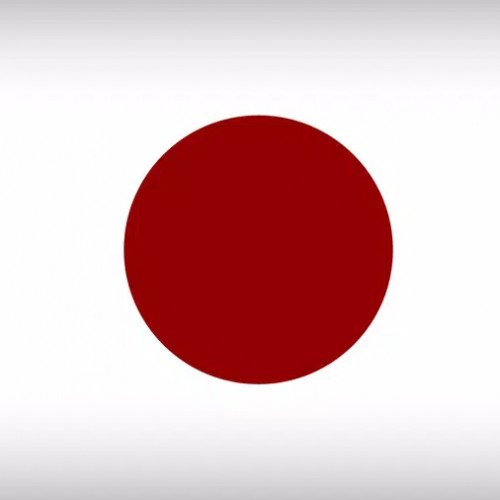
Japan
Japan (Japanese: 日本, Nippon or Nihon, and formally 日本国, Nihonkoku) is an island country in East Asia. It is situated in the northwest Pacific Ocean, and is bordered on the west by the Sea of Japan, while extending from the Sea of Okhotsk in the north toward the East China Sea, Philippine Sea, and Taiwan in the south. Japan is a part of the Ring of Fire, and spans an archipelago of 6852 islands covering 377,975 square kilometers (145,937 sq mi); the five main islands are Hokkaido, Honshu (the "mainland"), Shikoku, Kyushu, and Okinawa. Tokyo is the nation's capital and largest city, followed by Yokohama, Osaka, Nagoya, Sapporo, Fukuoka, Kobe, and Kyoto. Japan is the eleventh most populous country in the world, as well as one of the most densely populated and urbanized. About three-fourths of the country's terrain is mountainous, concentrating its population of 125.5 million on narrow coastal plains. Japan is divided into 47 administrative prefectures and eight traditional regions. The Greater Tokyo Area is the most populous metropolitan area in the world, with more than 37.4 million residents. Japan has been inhabited since the Upper Paleolithic period (30,000 BC), though the first written mention of the archipelago appears in a Chinese chronicle (the Book of Han) finished in the 2nd century AD. Between the 4th and 9th centuries, the kingdoms of Japan became unified under an emperor and the imperial court based in Heian-kyō. Beginning in the 12th century, political power was held by a series of military dictators (shōgun) and feudal lords (daimyō) and enforced by a class of warrior nobility (samurai). After a century-long period of civil war, the country was reunified in 1603 under the Tokugawa shogunate, which enacted an isolationist foreign policy. In 1854, a United States fleet forced Japan to open trade to the West, which led to the end of the shogunate and the restoration of imperial power in 1868. In the Meiji period, the Empire of Japan adopted a Western-modeled constitution and pursued a program of industrialization and modernization. Amidst a rise in militarism and overseas colonization, Japan invaded China in 1937 and entered World War II as an Axis power in 1941. After suffering defeat in the Pacific War and two atomic bombings, Japan surrendered in 1945 and came under a seven-year Allied occupation, during which it adopted a new constitution and began a military alliance with the United States. Under the 1947 constitution, Japan has maintained a unitary parliamentary constitutional monarchy with a bicameral legislature, the National Diet. Japan is a great power and a member of numerous international organizations, including the United Nations (since 1956), OECD, G20 and Group of Seven. Although it has renounced its right to declare war, the country maintains Self-Defense Forces that rank as one of the world's strongest militaries. After World War II, Japan experienced record growth in an economic miracle, becoming the second-largest economy in the world by 1972 but has stagnated since 1995 in what is referred to as the Lost Decades. As of 2021, the country's economy is the third-largest by nominal GDP and the fourth-largest by PPP. Ranked ninteenth on the Human Development Index, Japan has one of the world's highest life expectancies, though it is experiencing a decline in population. A global leader in the automotive, robotics and electronics industries, Japan has made significant contributions to science and technology. The culture of Japan is well known around the world, including its art, cuisine, music, and popular culture, which encompasses prominent comic, animation and video game industries.
Statistics for this Xoptio
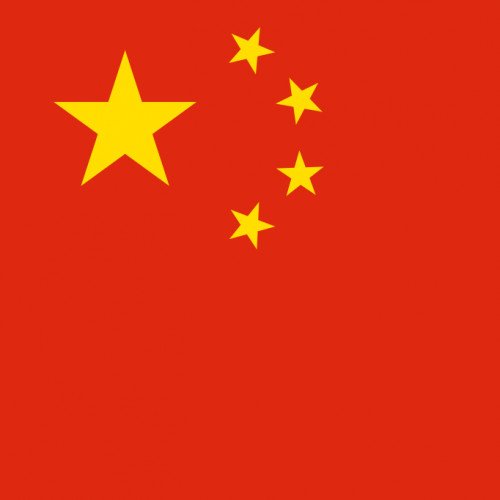
China
China (Chinese: 中国; pinyin: Zhōngguó), officially the People's Republic of China (PRC; Chinese: 中华人民共和国; pinyin: Zhōnghuá Rénmín Gònghéguó), is a country in East Asia. It is the world's most populous country, with a population of more than 1.4 billion people. China spans five geographical time zones and borders 14 countries, the second most of any country in the world after Russia. Covering an area of approximately 9.6 million square kilometers (3,700,000 sq mi), it is the world's third or fourth largest country. The country consists of 23 provinces, five autonomous regions, four municipalities, and two Special Administrative Regions (Hong Kong and Macau). The national capital is Beijing, and the most populous city and financial center is Shanghai. Modern Chinese trace their origins back to a cradle of civilization in the fertile basin of the Yellow River in the North China Plain. The semi-legendary Xia dynasty in the 21st century BCE and the well-attested Shang and Zhou dynasties developed a bureaucratic political system to serve hereditary monarchies, or dynasties, and the Hundred Schools of Thought debated the relation of state, family, and individual. In the third century BCE, Qin's wars of unification finally created the first Chinese empire, the short-lived Qin dynasty. The more stable Han dynasty (206 BCE – 220 CE) established a model for nearly two millennia in which the Chinese empire was one of the world's foremost economic powers. The empire expanded, fractured and re-unified, was conquered, absorbed foreign religions and ideas, and made world-leading scientific advances, such as Four Great Inventions, gunpowder, paper, the compass, and printing. After centuries of disunion following the fall of the Han, the Tang dynasty (618–907) achieved what the Roman Empire could not: reunification of the empire. The multi-ethnic Tang welcomed foreign trade and culture that came over the Silk Road and adapted Buddhism to Chinese needs. The early modern Song dynasty (960–1279) became increasingly urban and commercial. The civilian scholar-official or literati used the examination system and the doctrines of Neo-Confucianism to replace the military aristocrats of earlier dynasties. The Mongol invasion established the Yuan dynasty in 1279, but the Ming dynasty (1368–1644) re-established Han Chinese control. The Manchu-led Qing dynasty nearly doubled the empire's territory and established a multi-ethnic state that was the basis of the modern Chinese nation, but suffered heavy losses to foreign imperialism in the 19th century. The Chinese monarchy collapsed in 1912 with the Xinhai Revolution, when the Republic of China (ROC) replaced the Qing dynasty. Japan invaded China in 1937, starting the Second Sino-Japanese War and temporarily halting the civil war between the Chinese Communist Party (CCP) and the Kuomintang (KMT). The surrender and expulsion of Japanese forces from China in 1945 left a power vacuum in the country, which led to renewed fighting between the CCP and the Kuomintang. The civil war ended in 1949 with the division of Chinese territory; the CCP established the People's Republic of China on the mainland while the Kuomintang-led ROC government retreated to the island of Taiwan. Both claim to be the sole legitimate government of China, although the United Nations has recognized the PRC as the sole representation since 1971. From 1959 to 1961, the PRC implemented an economic and social campaign called the Great Leap Forward that resulted in an estimated 15 to 55 million deaths, mostly through starvation. China conducted a series of economic reforms since 1978, and entered into the World Trade Organization in 2001. China is currently governed as a unitary one-party socialist republic by the CCP. China is a permanent member of the United Nations Security Council and a founding member of several multilateral and regional cooperation organizations such as the Asian Infrastructure Investment Bank, the Silk Road Fund, the New Development Bank, the Shanghai Cooperation Organisation, and the RCEP, and is a member of the BRICS, the G8+5, the G20, the APEC, and the East Asia Summit. It ranks among the lowest in international measurements of civil liberties, government transparency, freedom of the press, freedom of religion and ethnic minorities. The Chinese authorities have been criticized by political dissidents and human rights activists for widespread human rights abuses, including political repression, mass censorship, mass surveillance of their citizens and violent suppression of protests. China is the world's largest economy by GDP at purchasing power parity, the second-largest economy by nominal GDP, and the second-wealthiest country. The country is one of the fastest growing major economies and is the world's largest manufacturer and exporter. China is a recognized nuclear-weapon state with the world's largest standing army by military personnel and second-largest defense budget. China is considered to be a potential superpower due to its large markets, growing military strength, economic potential, and influence in international affairs.
